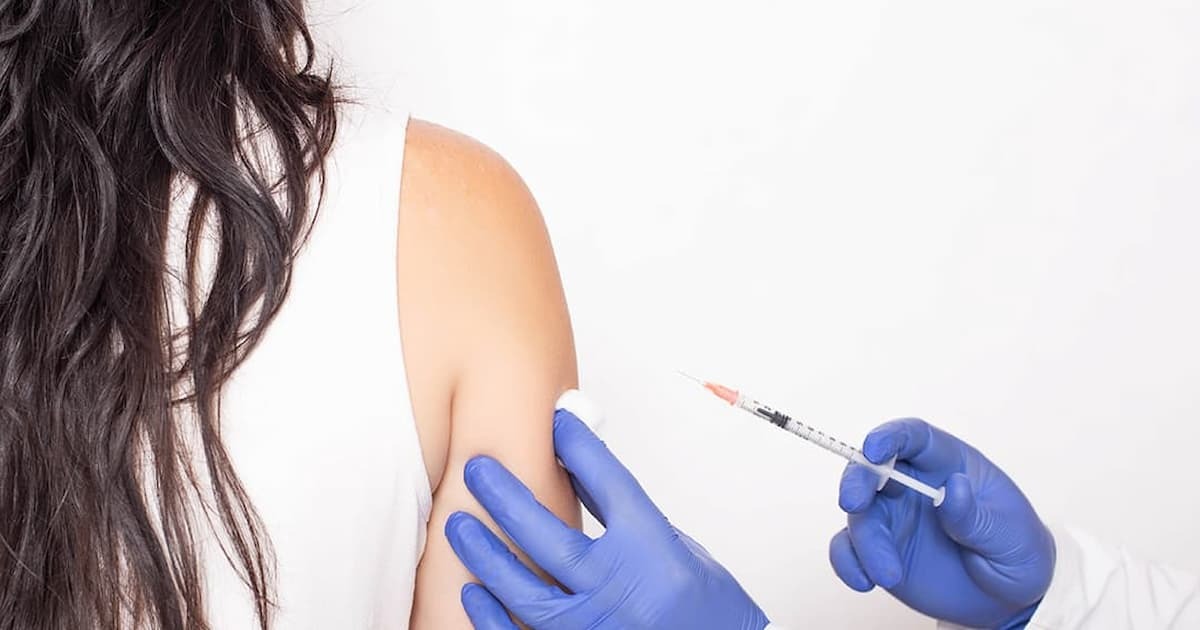Allergen immunotherapy is a treatment that helps people build long-term tolerance to the things they’re allergic to. For those who suffer from allergies that just won’t go away with medications like antihistamines or nasal sprays, immunotherapy offers a way to address the root cause instead of just masking the symptoms. Over time, it can actually retrain the immune system to stop overreacting to allergens like pollen, dust mites, pet dander, and even insect stings.
There are two main types of allergen immunotherapy: allergy shots (subcutaneous immunotherapy) and allergy drops or tablets (sublingual immunotherapy). Both methods work on the same principle — exposing the body to tiny, gradually increasing amounts of the allergen in a controlled way. This slow exposure helps the immune system become less sensitive to the allergen over time, reducing the severity of allergic reactions.
Allergy shots are the most common form and have been used safely for over a century. They’re usually given at a doctor’s office, starting with a "build-up phase" where the patient receives injections once or twice a week for several months. Once the maintenance dose is reached, the shots are spaced out to once a month, usually for 3 to 5 years. Most people start noticing improvement within the first year, and the benefits often continue even after the treatment has ended.
Sublingual immunotherapy, on the other hand, comes in the form of tablets or drops placed under the tongue. It’s more common in Europe but becoming increasingly available in other parts of the world. This method is convenient because it can often be done at home after the first dose is given under medical supervision. Currently, it’s mostly used for grass, ragweed, and dust mite allergies.
One of the biggest advantages of allergen immunotherapy is that it can prevent allergies from getting worse over time. For example, a child with allergic rhinitis might be less likely to develop asthma if they receive early immunotherapy. It can also reduce the need for daily medications and help people who suffer from multiple allergies or year-round symptoms feel better with fewer flare-ups.
Immunotherapy isn’t for everyone, though. It’s usually recommended for people with moderate to severe allergies who haven’t gotten enough relief from medications or avoidance strategies. It’s not typically used for food allergies (though research is ongoing) and is not suitable for people with certain medical conditions. A consultation with an allergist is the best way to decide if this treatment is right for you.
In short, allergen immunotherapy offers hope for long-term relief, not just temporary comfort. It requires commitment and patience, but for many people, it’s life-changing. By calming the immune system’s overreaction, this therapy can help you breathe easier, sleep better, and enjoy everyday activities without constantly battling allergy symptoms.




Add a Comment